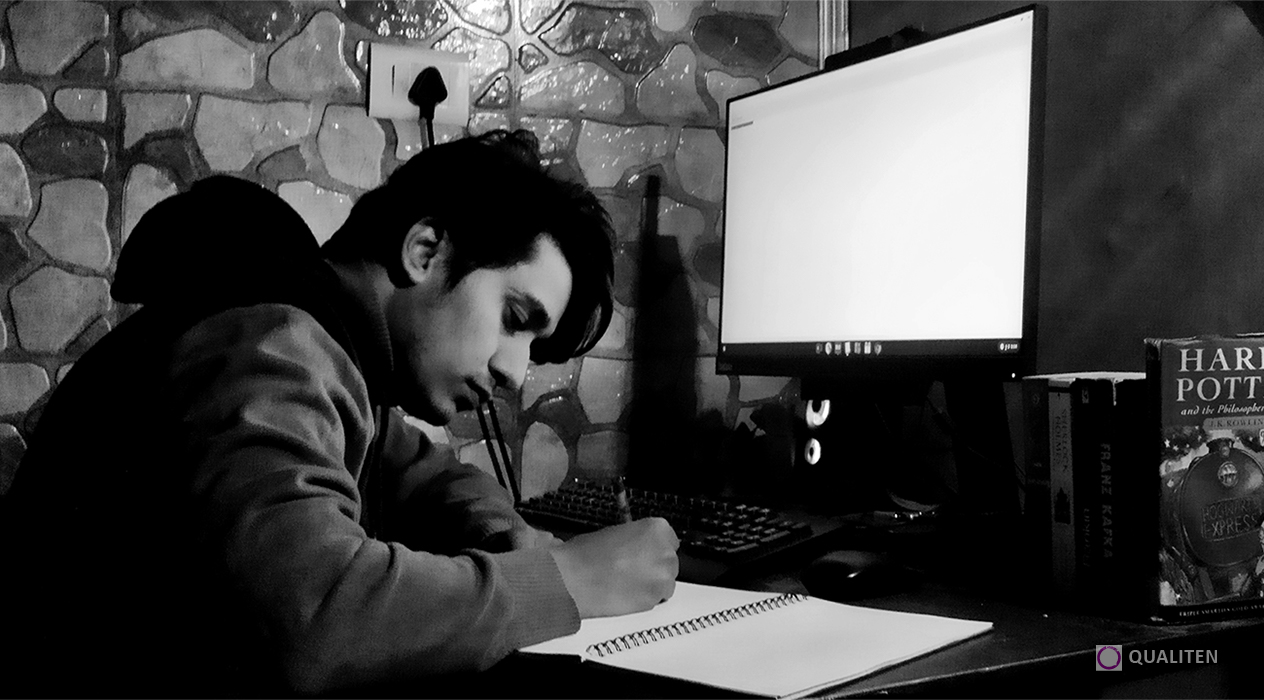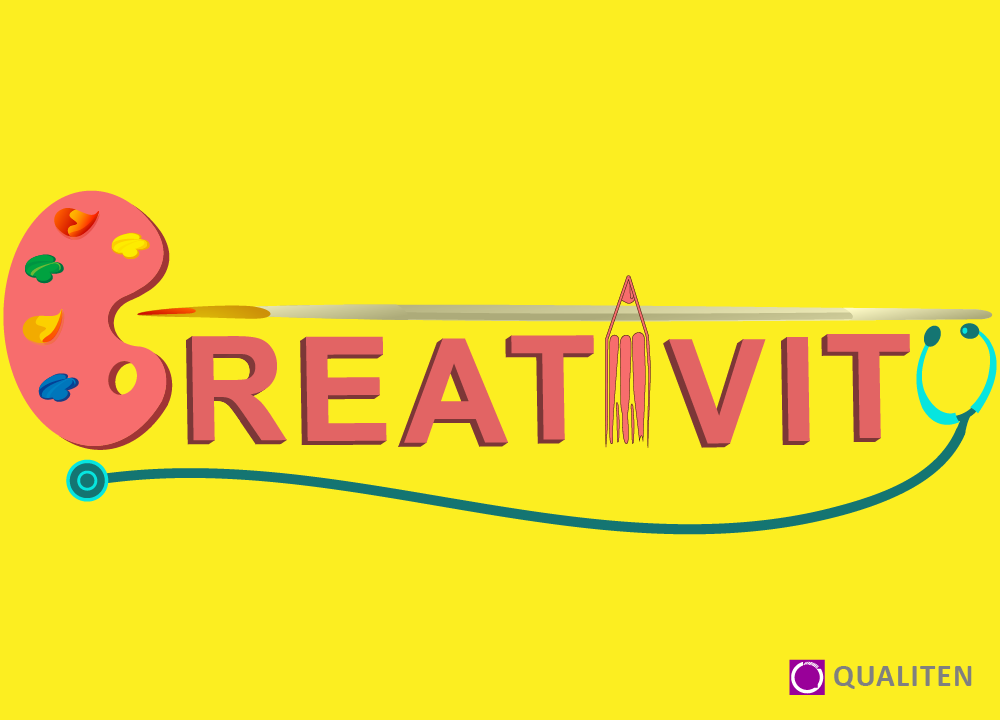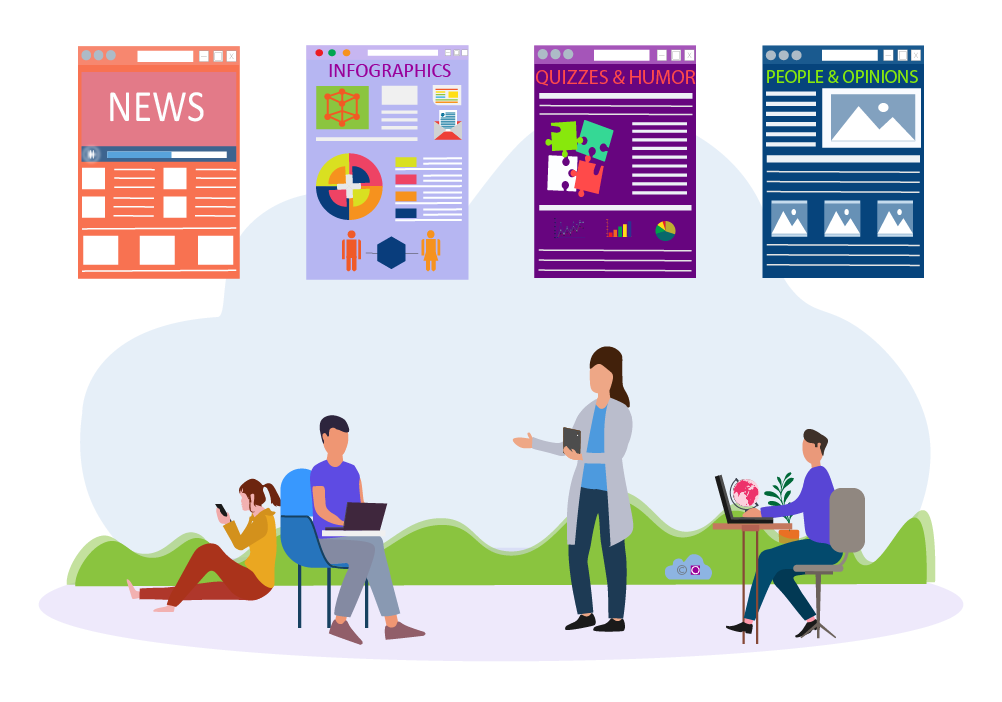Every research, every discovery, every article in science has an interesting story behind it. And sharing that captivating story with the audience, along with the facts, opens a completely new avenue for engagement, understanding and collaboration that can advance science manifolds.
Key Areas: Publishing I Science
Series: Science – People & Opinions

What does a good story arc is made up of? Exposition, development, conclusion, a plot twist and additionally a happy ending. Isn’t this what makes a good scientific article? Science can provide us with biggest plot twist, multiple and interlinking storylines, sequels and prequels of the research and lots of drama. I guess that’s the reason a kid engrossed in storytelling and fantasies started taking an interest in science, hoping to observe these science fictions coming to life.
My love for writing started with reading books. My reading list started from comic books and grew into fantasies to realistic fiction and non-fiction. During my studies, two subjects interested me most, History and Science, a combination which felt like exist in harmony. While History taught me stories that have already happened in the past, Science allowed me to take a sneak-peak in futuristic stories and even observe them unfolding through my lenses. Additionally, it was possible for me to document these stories while improving my writing skills and knowledge of the field.
Stephen King once said, “If you don’t have time to read, you don’t have the time (or the tools) to write.” Reading provided me with multiple perspectives about the subject, from which I could create a fresh perspective of my own and write accordingly. Writing for me is curating something which is not written by anyone else. While writing a scientific story, I try to create something original from the lenses of scientists who are working in their laboratories, while keeping the audience in my mind, who may not come from the same scientific background.
Writing in the scientific domain requires gathering of a lot of information, and every article requires in-depth insight about the relevant subject. Understanding complex scientific articles and weaving them into a story or a blog, requires much more scientific understanding than people can apprehend by just reading them.
Scientific storytelling is necessary to engage a wide range of users instead of just the scientists from the relevant field. Scientific articles can disengage readers coming from unrelated fields with limited experience and skills to understand those concepts. Creative storytelling coupled with scientific facts would make an article more engaging and enticing for the readers. Moreover, creative writing exercises are also beneficial for the author, as it would help them promote their scientific content in easy and understandable language to the general public.
Like science, writing could not be perfected with one try. Therefore, while writing refrain from trying to perfect it on the first try, first drafts may contain errors or may not be satisfactory. It is only by writing and rewriting, something better than before can be created.
I am still at the initial phases of my journey and still have a lot to write. I always had gracious guides to point me in the right direction to increase my understanding and help me become a better writer. Hence, I would again quote Stephen King who said, “If you want to be a writer, you must do two things above all others: read a lot and write a lot.” These are the two golden rules for any aspiring writer which even could apply in writing manuscripts and other related scientific communications.
“If you want to be a writer, you must do two things above all others: read a lot and write a lot.” – Stephen King
These are the two golden rules for any aspiring writer which even could apply in writing manuscripts and other related scientific communications.
Copyright © 2021 Qualiten Press













Pretty much cognizant and beautifully written in a very efficient way, great Amir, keep it up. Fair winds for future.